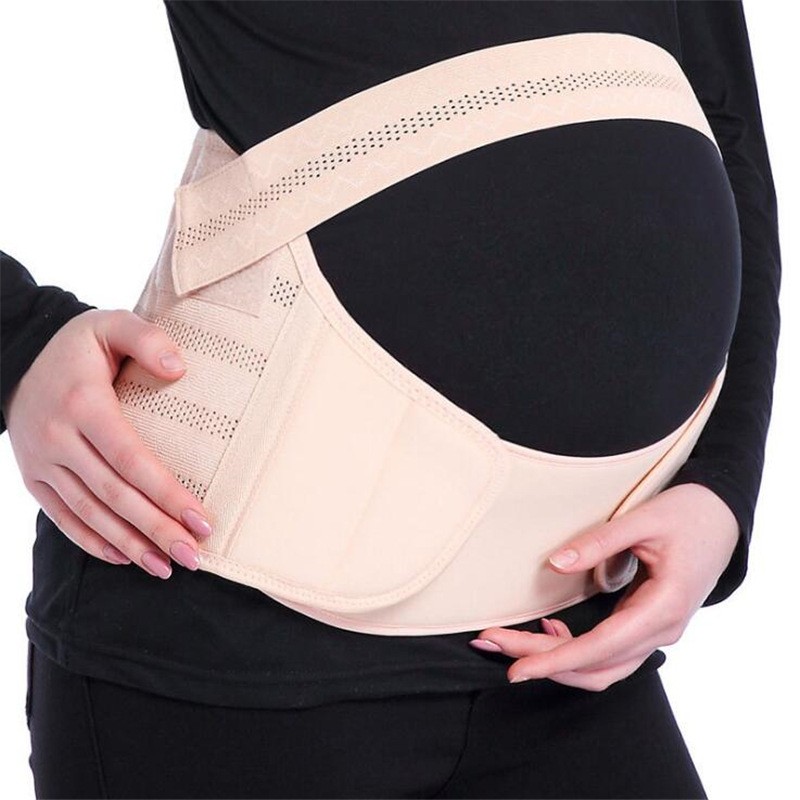Kidney yin deficiency is one of the common sub-health conditions in modern people, especially prevalent among young individuals, which is related to irregular lifestyle habits and diet. Its main symptoms include sore and weak lower back and knees, leg fatigue, dizziness, tinnitus, decreased sleep quality, thin body shape, afternoon heat sensations, night sweats, facial flushing, hot sensations in hands, feet, and heart, dry mouth and throat, yellowish urine, dry stools, and in women, reduced menstrual flow or even amenorrhea. Compared to kidney yang deficiency, individuals with kidney yin deficiency tend to feel more heat, often experiencing afternoon heat and night sweats.
To differentiate between kidney yin deficiency and kidney yang deficiency, several aspects can be observed: in terms of tongue appearance, individuals with kidney yin deficiency have a slightly red and thin tongue with less coating, while those with kidney yang deficiency have a paler tongue and thicker body. In terms of facial complexion, kidney yin deficiency often presents with reddish cheekbones, whereas individuals with kidney yang deficiency have a pale complexion. Regarding mental state, those with kidney yin deficiency are prone to irritability and heat sensations, while individuals with kidney yang deficiency tend to be aversive to cold, speak less, and easily get tired. In terms of pain perception, kidney yin deficiency is often characterized by sore and weak lower back and knees, while kidney yang deficiency manifests as cold and painful sensations in the lower back and knees.
There are various causes of kidney yin deficiency, such as external climate influences (wind, cold, heat, dampness, etc.) leading to fluid depletion in the body; excessive emotional fluctuations, such as excessive joy, anger, sorrow, or worry, can disrupt visceral functions, thereby affecting the production of qi and blood; external trauma bleeding, surgery can directly deplete yin and blood; unhealthy dietary habits and excessive fatigue can damage the spleen and stomach, affecting nutrient absorption; excessive sexual activity depletes kidney essence; consuming excessively warm and dry foods and medicines can severely harm internal yin and blood; chronic illnesses like hypertension, diabetes, etc., deplete the body’s resources over the long term; in the initial recovery stage of a serious illness, physical weakness can lead to yin deficiency; the later stages of venereal diseases may also present symptoms of yin deficiency.
In the treatment of kidney yin deficiency, in addition to Chinese herbal therapy, daily diet can also be beneficial. Recommended foods include Tremella, which nourishes yin and moistens the lungs; black soybeans, beneficial for various symptoms of kidney yin deficiency; dried scallops, suitable as a daily nourishing supplement for those with kidney yin deficiency; black rice, with good effects in nourishing yin and moistening the lungs; Chinese yam, assists in tonifying the spleen, nourishing the lungs, and strengthening the kidneys; goji berries, tonify the kidneys and liver, suitable for those with long-term lower back pain; sweet potatoes, help improve constipation caused by yin deficiency; mulberries, enrich blood, nourish yin, protect the liver, and tonify the kidneys. By following a balanced diet, one can effectively alleviate the discomfort caused by kidney yin deficiency.


